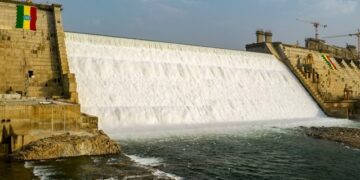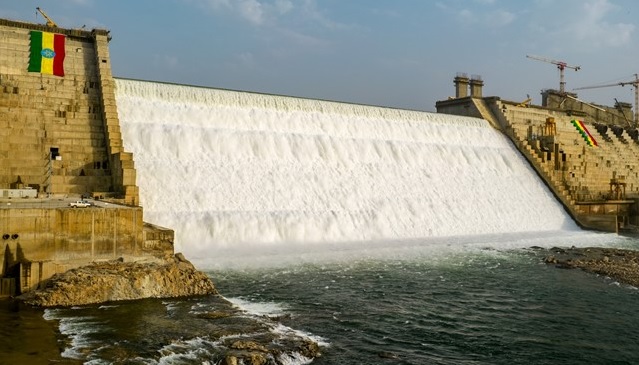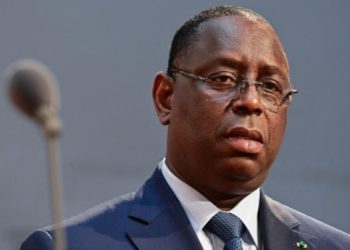By John Ikani
Yet another series of discussions regarding the contentious mega-dam being constructed by Ethiopia on the Blue Nile River has concluded without a resolution.
The two-day meeting, hosted in the Ethiopian capital, Addis Ababa, convened representatives from Ethiopia and the downstream nations, Egypt and Sudan.
Both Egypt and Sudan have consistently voiced apprehensions about the dam’s potential impact on their vital water resources.
In response to the latest negotiation failure, Egypt accused Ethiopia of persistently refusing to entertain compromises on technical and legal matters.
Cairo asserted its right “to defend its water and national security” under international laws.
Ethiopia’s Foreign Ministry, in a statement, contended that Egypt clings to a colonial-era mentality, creating obstacles to reaching common ground.
The Grand Ethiopian Renaissance Dam (GERD), with a projected cost of $4.6 billion (£3.6 billion), could become one of Africa’s largest hydroelectric facilities, boasting a capacity to generate 5000 megawatts of electricity.
Addis Ababa envisions the dam as a crucial component in meeting the power needs of millions of households.
Construction on the GERD commenced in 2011, and despite numerous rounds of negotiations, a binding agreement remains elusive.
In July, Ethiopian Prime Minister Abiy Ahmed and Egyptian President Abdel Fattah al-Sisi pledged to finalize a deal, leading to four subsequent rounds of talks in Cairo and Addis Ababa, none resulting in an agreement.
While the dam nears completion and Ethiopia began generating electricity last year, it has yet to reach full operational capacity.




































